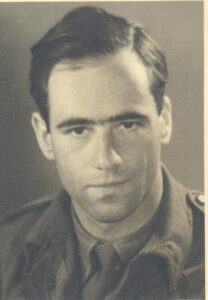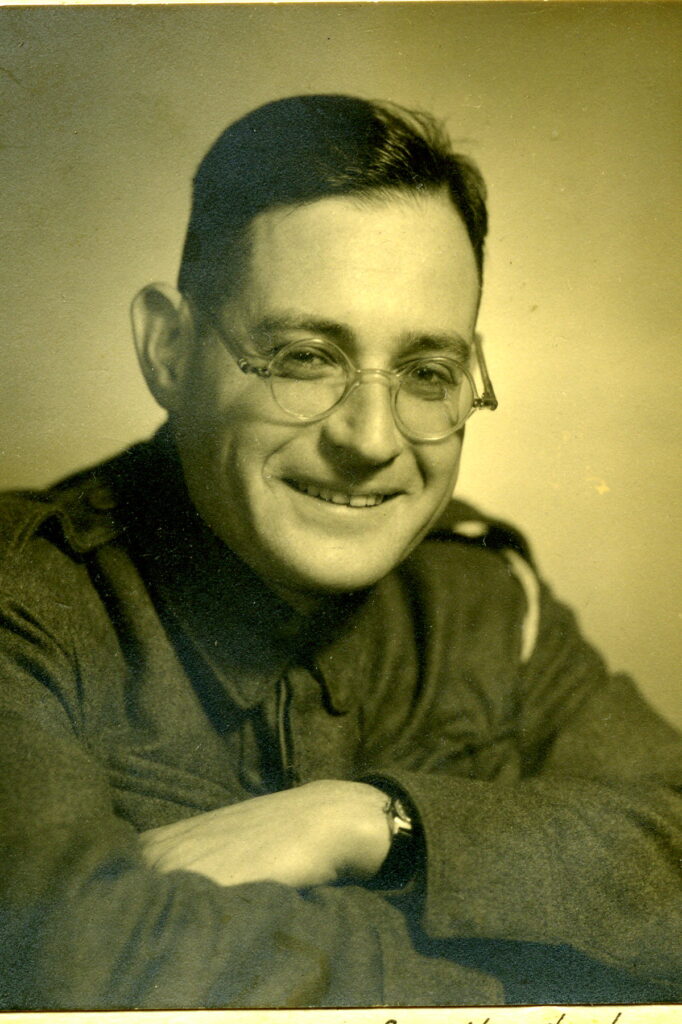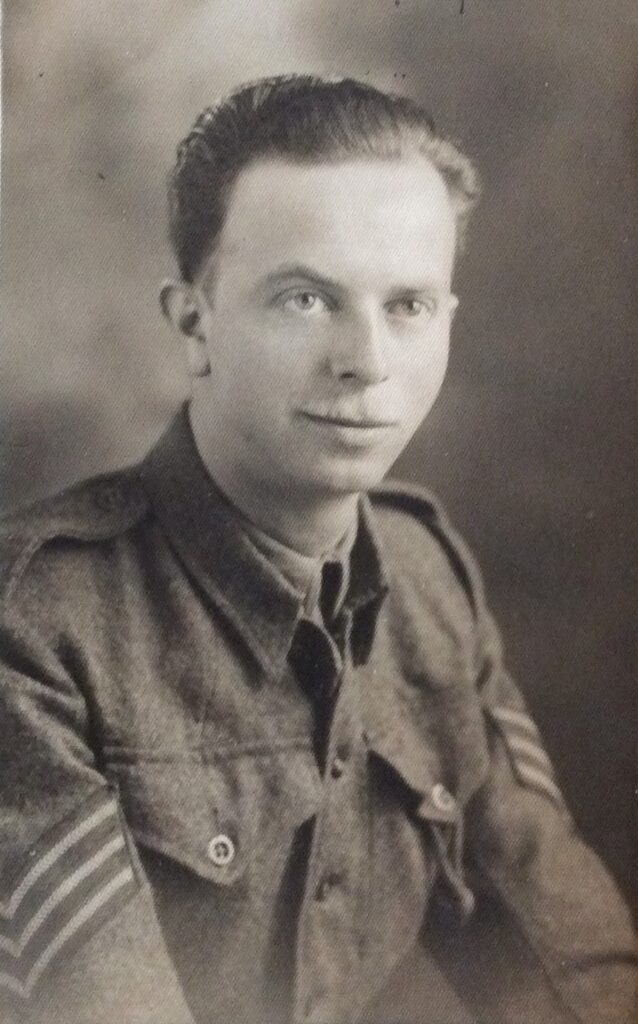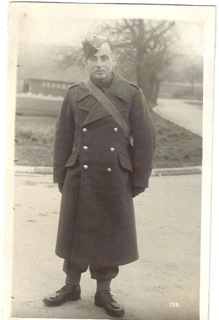Secret Listeners
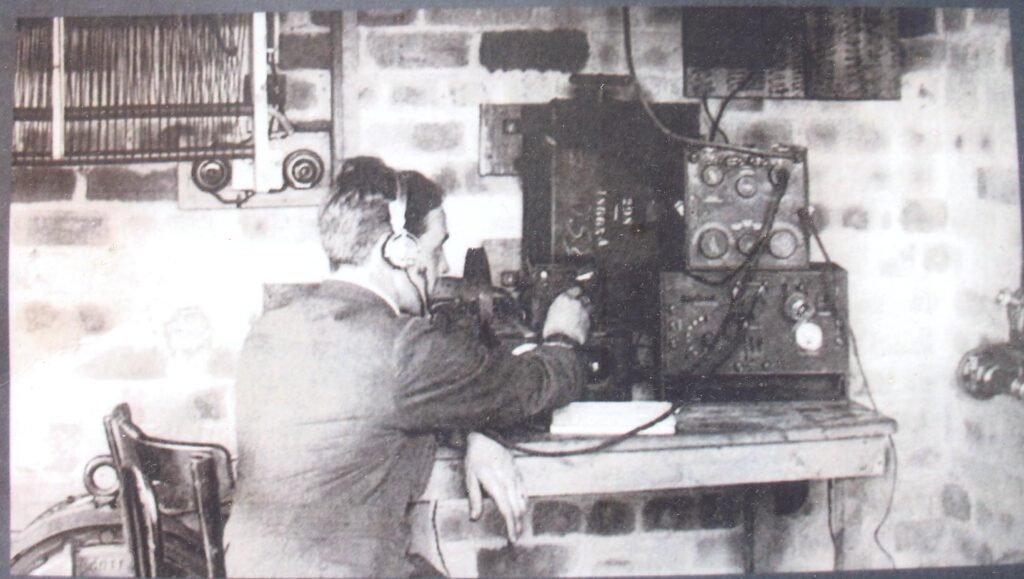
By middle of the war, the information coming out of the ‘M Rooms’ was highly technical. The different German dialects of the POWs were hard to understand and British-born secret listeners struggled to decipher and transcribe the recordings properly. What was needed was native German speakers…
From 1943 German-speaking refugees living in the UK were recruited as ‘secret listeners’. The majority were Jewish refugees who had fled Nazi Germany and Austria and were already serving in the British army’s Pioneer Corps. Around 103 of them transferred to the three eavesdropping sites, along with a small number of anti-Nazis.
Amongst them was Eric Mark who originated from Magdeburg in Germany and fled Nazi Germany in 1935. In 1940, Eric enlisted in the Pioneer Corps and transferred to the Intelligence Corps on 1 March 1944. He was posted first to Wilton Park and then Trent Park where he eavesdropped on the generals’ conversations. He remembers the generals talking about the V2 at Peenemünde, and their reaction to the failed assassination attempt on Hitler’s life in July 1944.
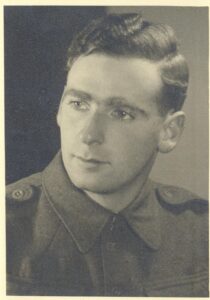
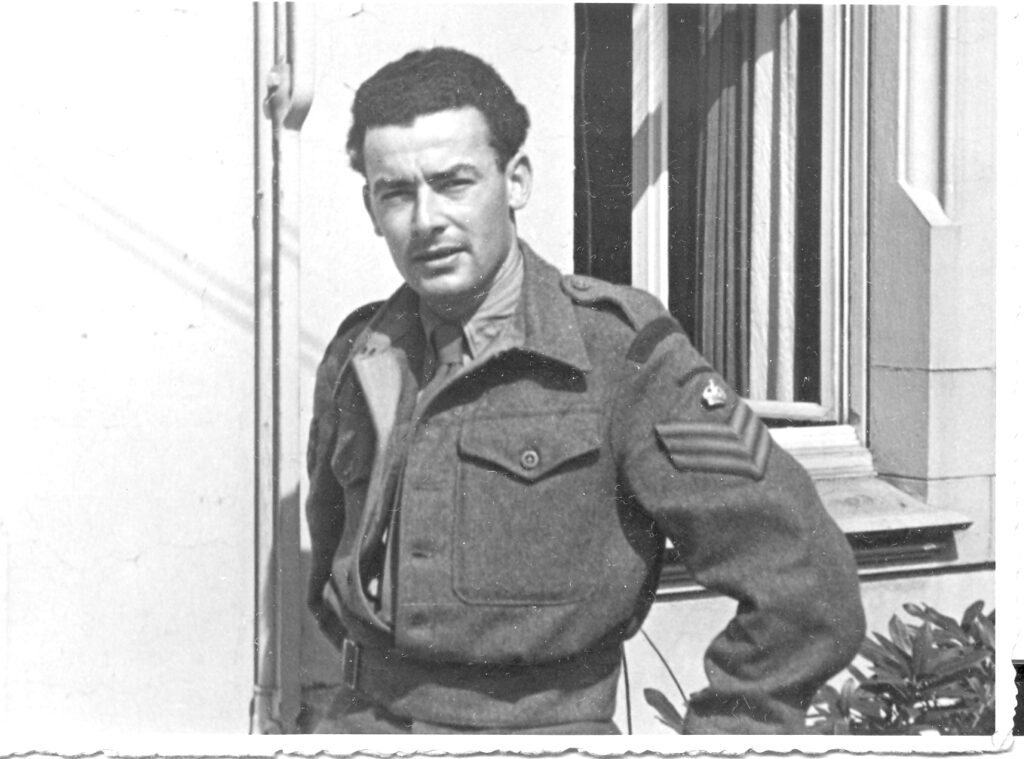
George Pulay was born in Vienna on 5 March 1923, the son of an eminent skin specialist, Dr Erwin Pulay and Ida Pulay. After Hitler’s annexation of Austria in March 1938, George’s father was immediately at risk because of the Gestapo round-up of Jewish intellectuals and professionals. Dr Pulay came to England during 1938 ahead of his wife and children, aided by Thomas Kendrick, the British Passport Control Officer in Vienna. By 1939, Ida managed to come to England with George and daughter Uli.
At the outbreak of war in 1939, George Pulay was not old enough to enlist in the British forces and therefore did not come to MI19 via the usual route. In 1943, possibly as a result of voluntarily enlisting in the British forces, George was drafted straight into the Intelligence Corps and posted to Latimer House as a secret listener. He never spoke about his work ever during his lifetime. His family did not know that he was a secret listener until Helen Fry’s research.
Fritz Lustig was born in Berlin in March 1919. After Kristallnacht on 9/10 November 1938, he was forced to leave Germany as a Jew. The SS and Gestapo were rounding up male Jews and sending them to concentration camps. He arrived in England where, after internment on the Isle of Man (1940), he enlisted in the British army. He played cello in the army orchestra – not his idea of fighting Hitler.
His war changed when someone he knew asked if he would like to do something more interesting. He had a mysterious interview in London and was recruited into the Intelligence Corps as a secret listener.
Fritz vividly remembered his first meeting at Latimer House with his new commanding officer, Colonel Kendrick, who explained to him the nature of the work as a secret listener. Kendrick impressed on him the importance of not telling anyone, even family or close friends. Kendrick asked him to sign the Official Secrets Act. Before dismissing him, he said something which Fritz never forgot: ‘Your work here is as important as firing a gun in action or joining a fighting unit.’
